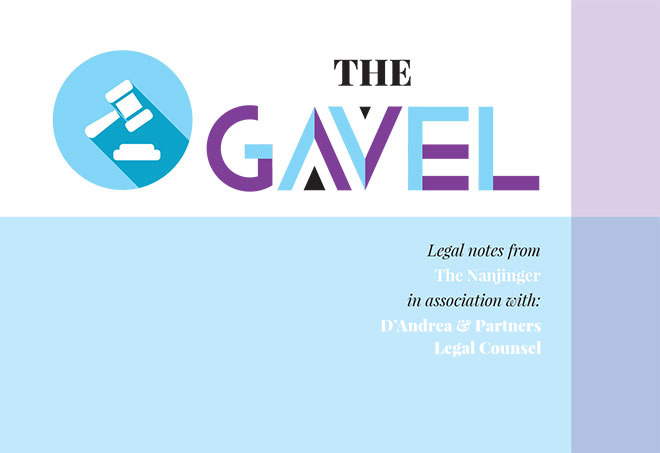Vernacular, also known as topolect and dialect, is the spoken language that is generally used in a specific geographical area. This kind of language is not limited by race, cultural background or other conditions. It has its own complete phonetic, lexical and grammatical structure system, which can meet the needs of local social communication. Some vernaculars, such as Cantonese, even have their own independent writing system.
There are many factors which have contributed to the emergence of vernacular, including the interaction between society, geography, history, and regional languages. Therefore, the same vernacular may have different pronunciations due to different geographical locations. The vernacular is the carrier of local characteristics and culture. It has incomparable value for the study of local people’s modes of thinking, social characteristics, culture and history.
However, the exclusiveness of the vernacular also leads to a limitation in communication scope and misunderstandings as to the expressed content. In 1956, to develop science and culture, improve the level of economic and social informationisation, and enhance exchanges/communication among ethnic groups in various regions, the Instructions on the Directive of the State Council on Popularising Mandarin issued by the State Council came into effect.
This guidance worked together from the aspects of education, communication and publicity so that Mandarin could be quickly popularised in China. In 2004, according to another guidance from the then National Radio and Television Administration (NRTA), local vernacular was not permitted to be applied in overseas TV programmes’ dubbing. And in 2009, the NRTA further restricted the use of vernacular in TV dramas as per official guidance.
Therefore, Mandarin has been promoted due to this kind of protective action from the government. The State Council also published in 2021 a target that Mandarin penetration should reach 85 percent by 2025.
Protecting Local Vernacular
The promotion of Mandarin is important to China’s development, but this does not mean that China believes that the vernacular should disappear. In addition to the aforementioned, language expression is after all a basic right of the country’s citizens. For example, although the government specifies Mandarin as the designated language for court hearings, if an attending party is only capable of the vernacular (normal among seniors), the judge should allow them to use such during a hearing.
The Chinese government has also made other efforts to protect the local vernacular. Realising this issue, a National People’s Congress Deputy from Nanjing submitted a proposal to the National People’s Congress in 2020 calling for the protection of all local vernacular nationwide, especially for young people by setting up vernacular courses in schools.
Vernacular as a Branding Tool
In the field of commerce, to enhance their competitiveness, some companies have also tried to use or apply local vernacular in their trademarks so that their brands can be more easily accepted by local consumers. The companies will use the unified Mandarin characters in the written form, but they are pronounced as per the local vernacular. However, this requires comprehensive research before applying for trademarks since the National Trademark Bureau will review in detail the vernacular’s actual meaning according to different local cultures.
It can therefore be predicted that in the future, Mandarin, as the main language popularised and used in China, shall coexist with the vernacular and jointly assume the responsibility of inheriting Chinese culture and promoting the nation’s development.


